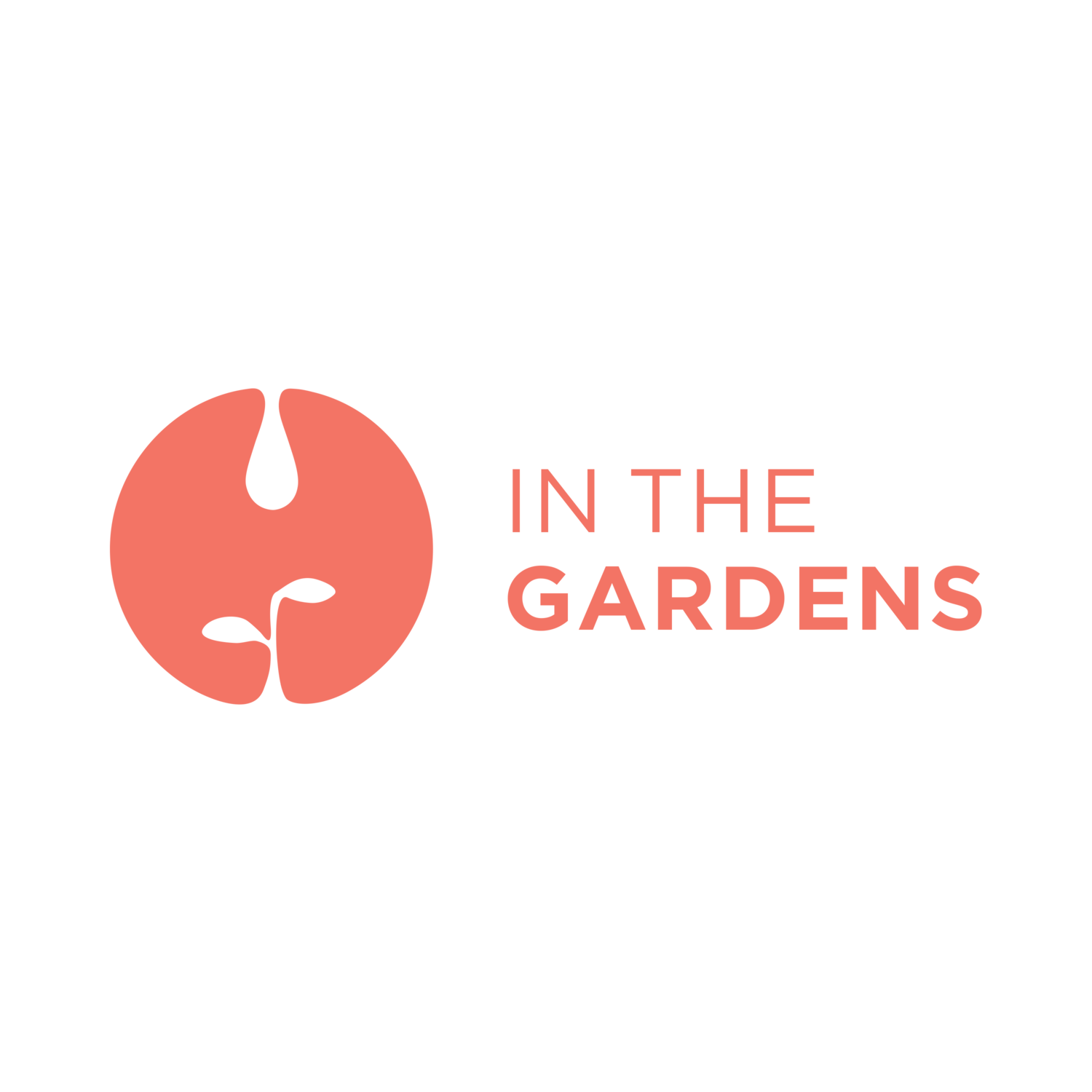We know the heart of a stranger.
My family is one of immigrants. Three of my four grandparents were not born in this country. My maternal grandfather, being the exception, was born in the Lower East Side of New York, his family from Poland by way of Germany. My maternal grandmother was from Russia or Poland—“Minsk, Pinsk—they kept changing the boundaries,” she would say when asked where she was from, “sometimes we were in Russia, sometimes we were in Poland.” My paternal grandfather hailed from Russia, while his wife, my maternal grandmother, was born in England as her mother, a photographer, fled the chains of Czarist Russia.
Like many Jewish families, we lost relatives in the Holocaust. Some families speak of this outwardly. Ours didn’t. So it wasn’t until recent years that I learned of the loss.
I know very few Americans whose story doesn’t somehow overlap mine. The dates and countries of origin may be different. The reasons for coming to the United States may be different. The languages, religious beliefs and/or races may be different. But the story is the same. We are a country of immigrants. The only ones who don’t fit this profile are the Native Americans, who even today fight for a voice in their country of origin.
The Bible teaches that we are to care for the stranger, the poor, the widow and the orphan. We are to remember that we were strangers in Egypt. We are not simply taught, “Do not oppress the stranger.” This would be instruction enough. But the text adds: “…for you know the heart of the stranger,” (Ex. 23:9).
The stranger is the refugee. The stranger is the immigrant seeking a new home. The stranger extends well beyond this to the person of another color, another culture, another faith. To the person we haven’t met yet, at work, on the street, at school or a neighbor, whom we may judge in our heart or oppress outwardly.
Tens of thousands—if not more—of my ancestors and those of my Jewish brothers and sisters were turned away when they sought refuge from Nazi terror, refused by country after country. The famous ship, the St. Louis, carrying over 1,000 refugees from Germany and other countries infiltrated by the Nazi regime, was turned away by Cuba and the United States. We acknowledge the grace of the countries that took in half of those refugees, welcoming and sheltering them. The other half, however, was sent back to Europe; close to 300 men, women, and children perishing from the very horror from which they sought a safe haven; sent back to die en masse in gas chambers or of hunger and sickness in labor camps. I know the heart of the stranger, for the stranger is me.
This informs the purpose for which In the Gardens was created. It’s about food—ensuring that every person has enough to eat. It’s about climate change and sustainability—protecting our Earth for the generations to come. We pause to recognize the sacred soul inside of every human being, taking the time to see their pain and their light. This simple act turns the stranger into a friend. We remember that we know the heart of each stranger, because indeed, he and she are just like me.
Rabbi Robin Damsky



